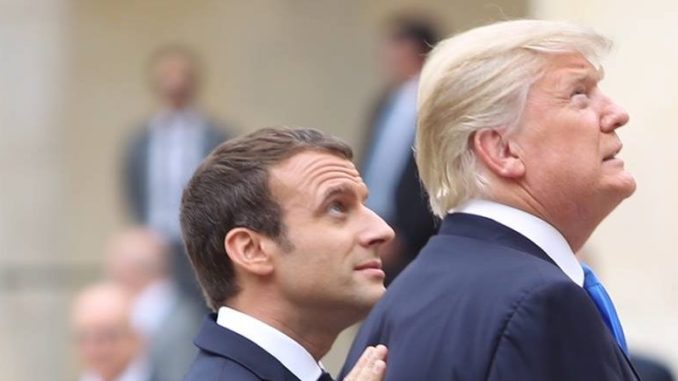
A week ago, per Reuters, President Erdogan of Turkey informed the NATO alliance that his country would not approve a defense plan for Poland and the Baltic nations against Russian aggression until NATO agreed to classify Kurdish forces as terrorists. NATO rules require all allied countries to sign on to official plans, leaving the nations in question exposed to Russian action.
Russia’s recent actions in the region, including invasions of Ukraine and Crimea and the pressure on Belarus to abandon its independence and form a joint government with Russia, indicate that Russia is seeking to reconstitute the “iron curtain” with a new version of the U.S.S.R. Under these circumstances, an active defense of NATO members which were former Soviet states are a natural primary focus of the alliance.
Focusing on national politics has been avoided by NATO, but Erdogan wants the declaration to provide cover for his actions against the Kurds. This, and his recent negotiations with Russia to purchase weapons systems and coordinate military operations with them, have caused internal frictions within the alliance.
With pressure being exerted on NATO by Turkey, the other members were expected to press back. Instead, President Trump has provided cover to Turkey by continuing to attack NATO on its financial contributions to the organization.
It is this mixture of contrary stances, undermining the security of the very nations that NATO is meant to defend, which inspired President Macron of France to call the alliance “brain dead” in an early November interview.
President Trump, after arriving at the summit, quickly attacked Macron in response, calling his words “very, very nasty” before presenting his view of France.
“I do see France breaking off. I’m looking at him and I’m saying he (Macron) needs protection more than anybody and I see him breaking off, so I’m a little surprised at that,”
CNBC
President Trump’s official complaint about NATO countries is that they are not pulling their own weight in monetary contributions, as per their obligations. It is evident that the USA provides the majority of the money for the alliance. For Trump to have American financial interests as his key motivator for his actions, however, it would be expected that Turkey was contributing more than France. This is not the case, as the NATO figures demonstrate. France is providing about 1.8% of their GDP as defense spending, while Turkey is only providing about 1.65%.
President Trump’s actions may be driven by simple personal animus toward a leader who once spoke positively about him but has, after repeated exposure, changed his position about Trump. They are certainly not driven by fiscal concern for the United States. Whatever his rationale, his efforts are directly aiding Turkey and, by extension, the efforts of Putin to expand into former Soviet territory.

1 Trackback / Pingback
Comments are closed.